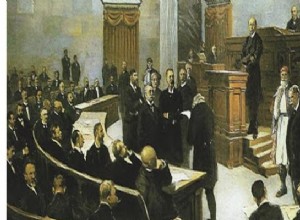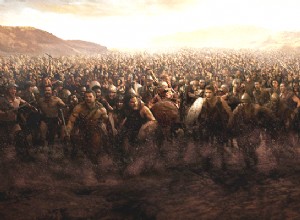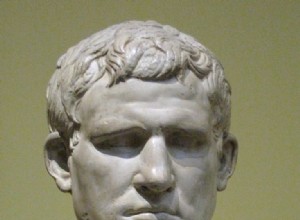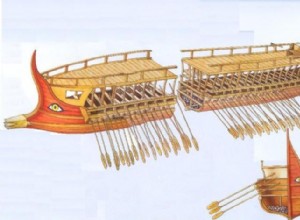The public education system in the Greek state of the 19th century. was founded during the time of the Othonian monarchy with a series of regency decrees (1833-1837). It was applied without serious structural changes for about a century. Essentially, it was a complete transplant of the Bavarian mode




